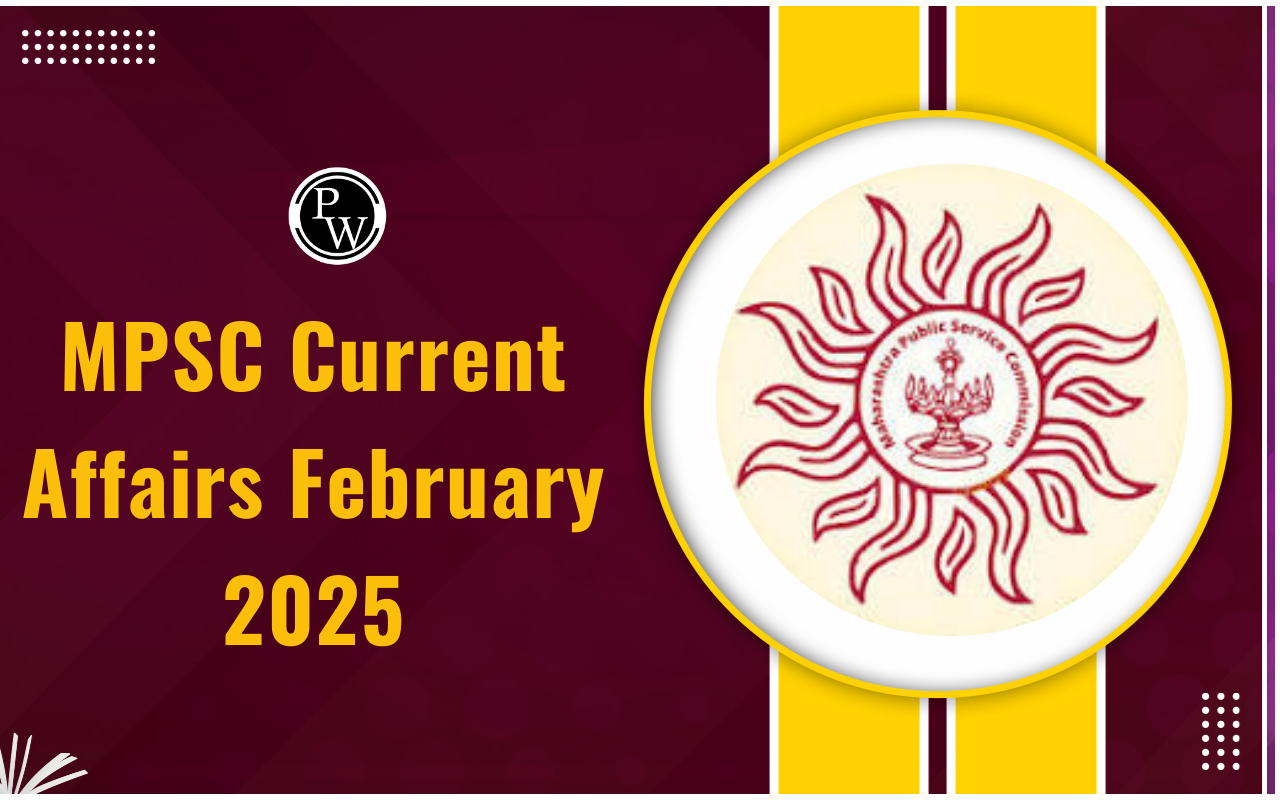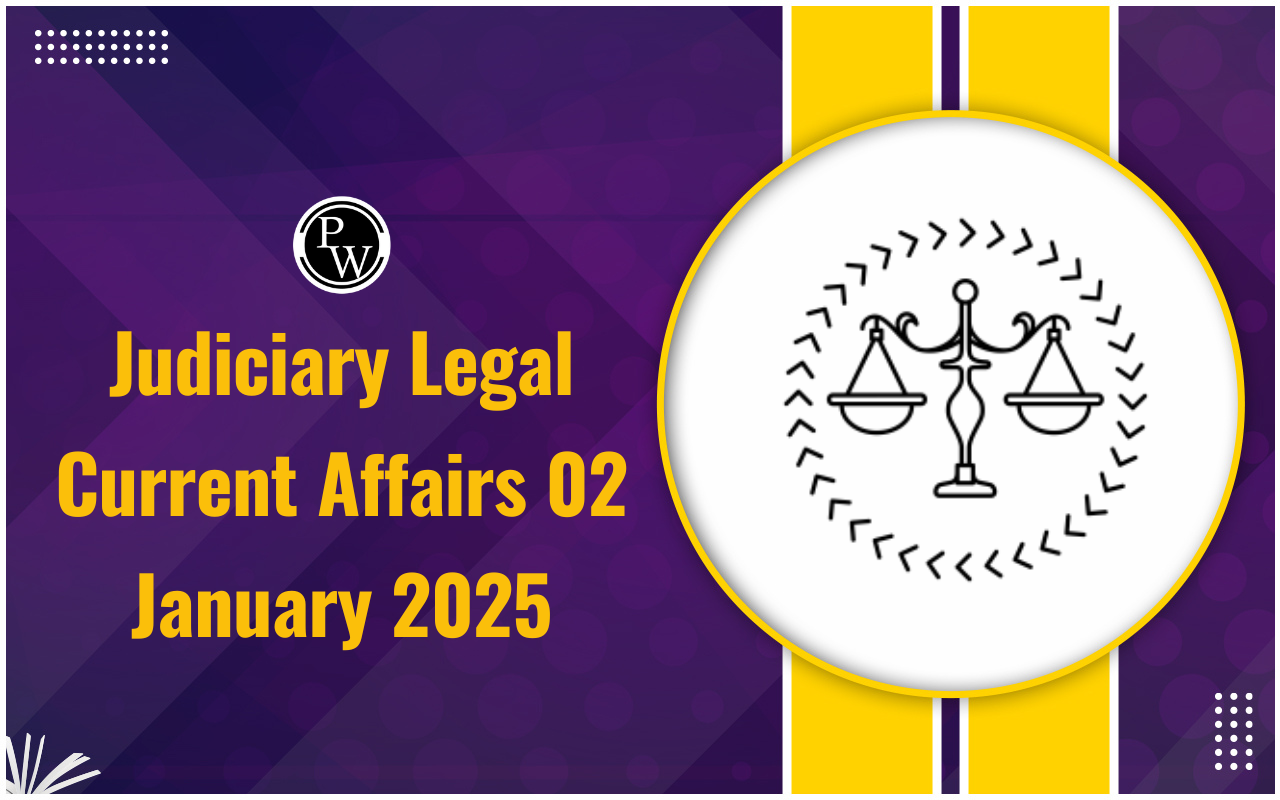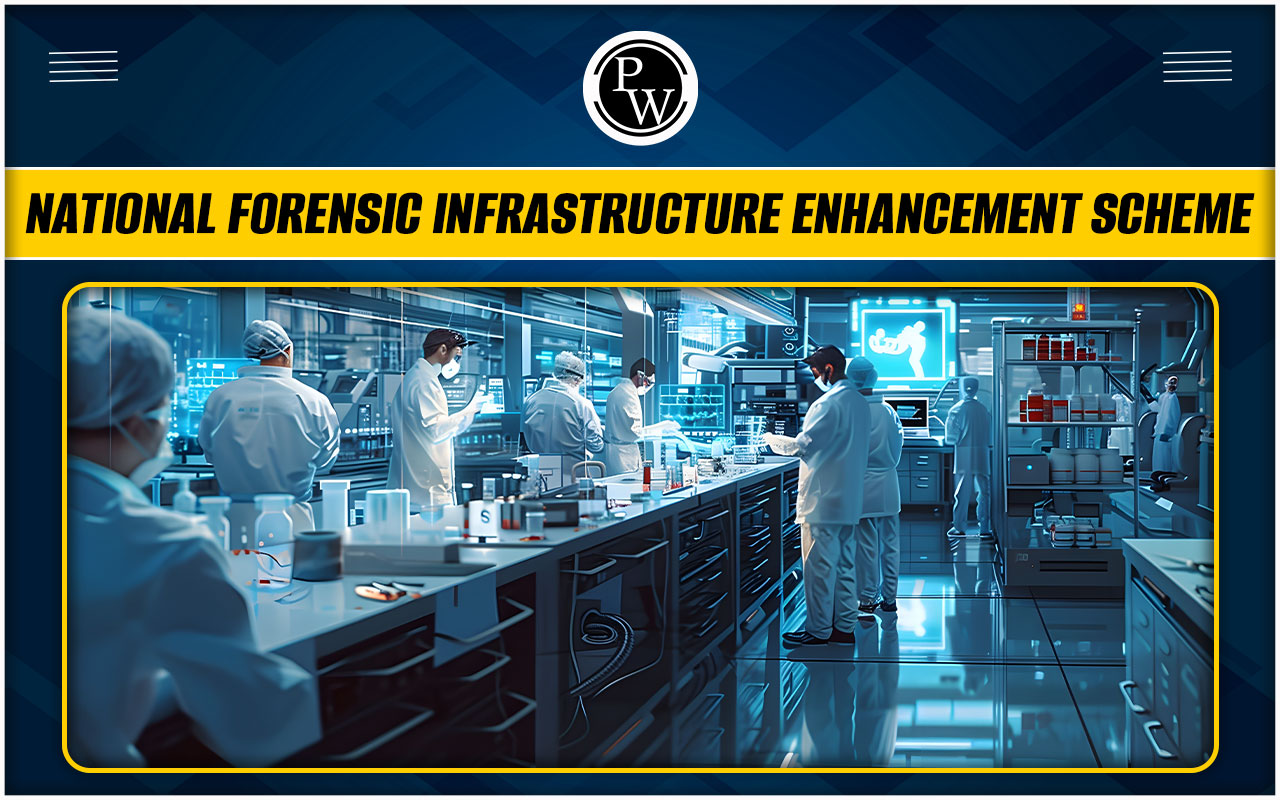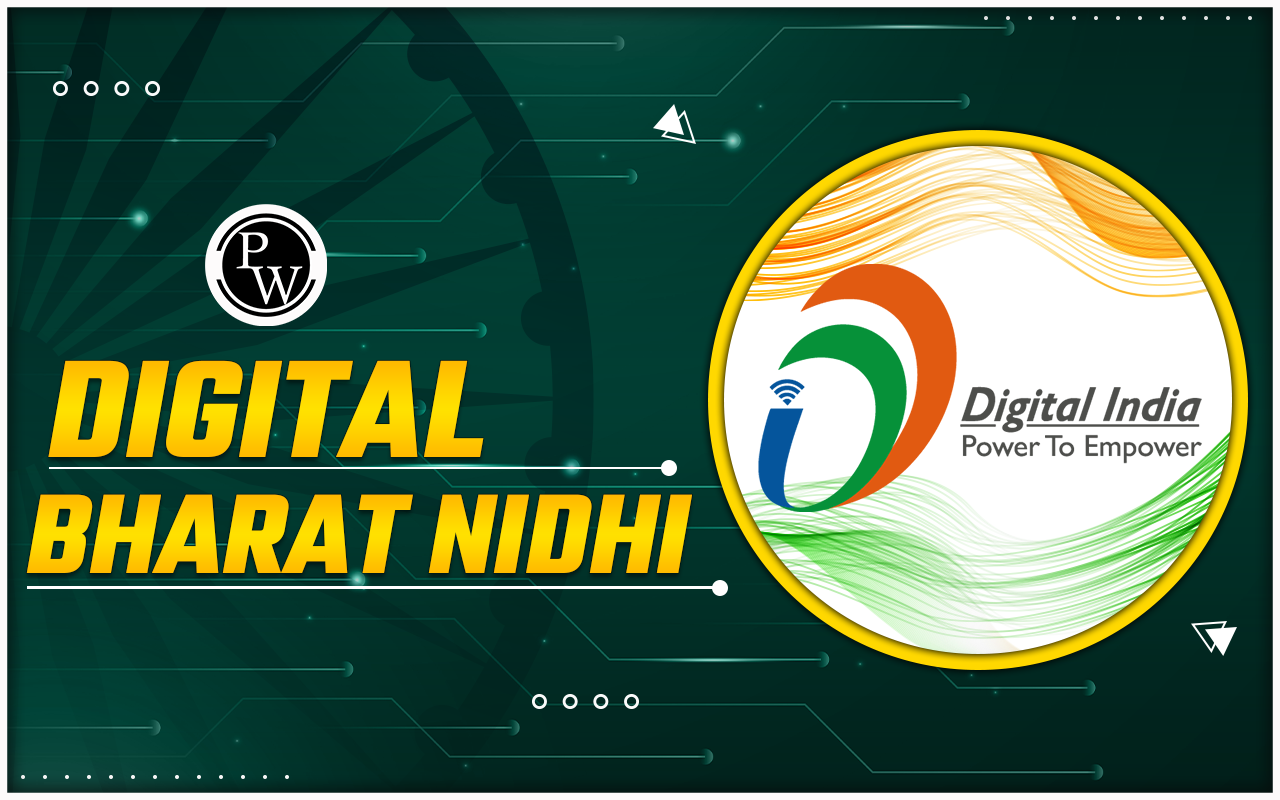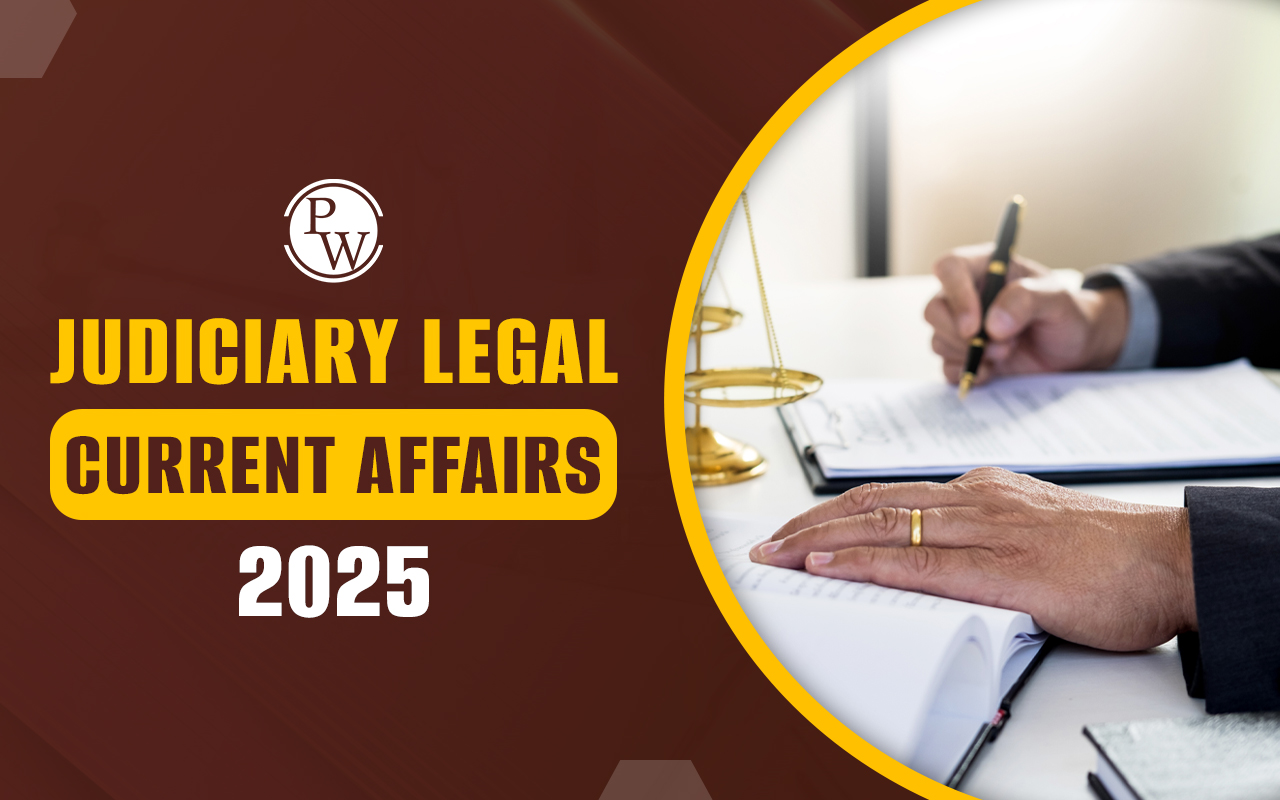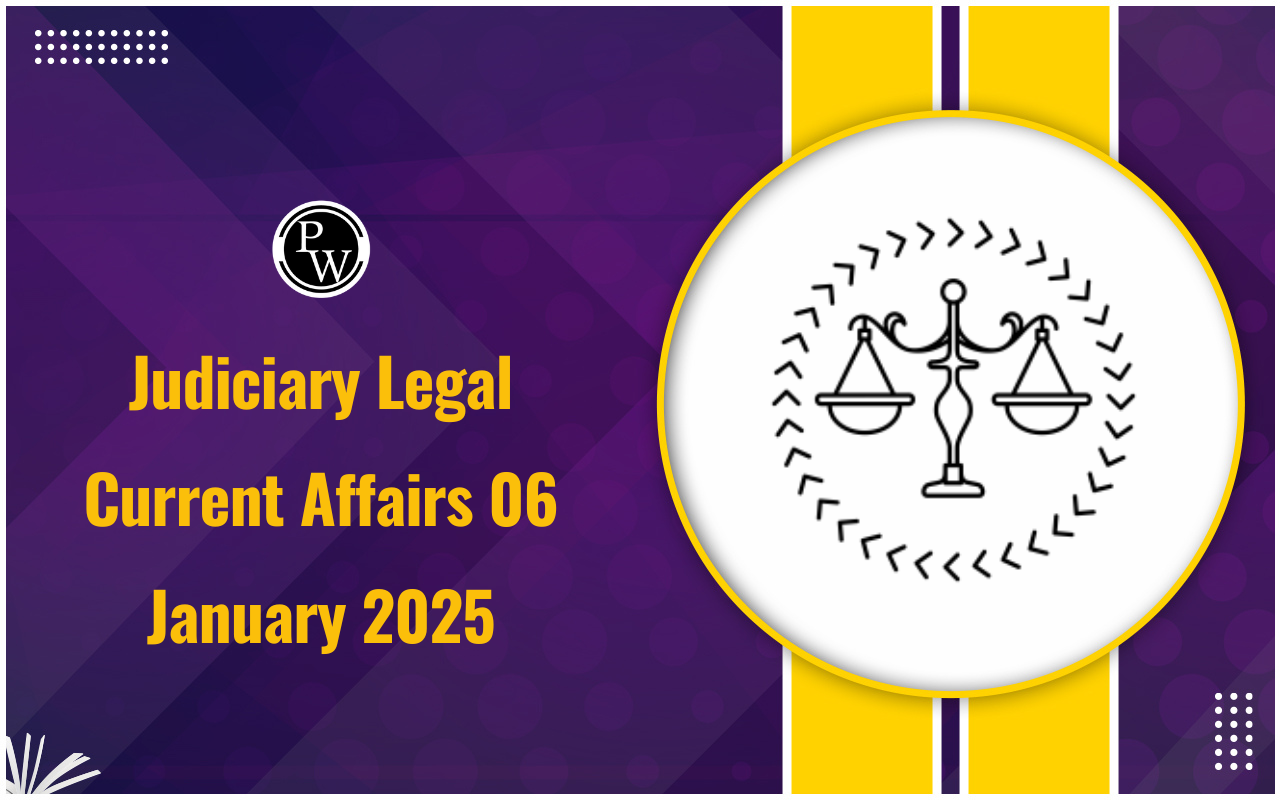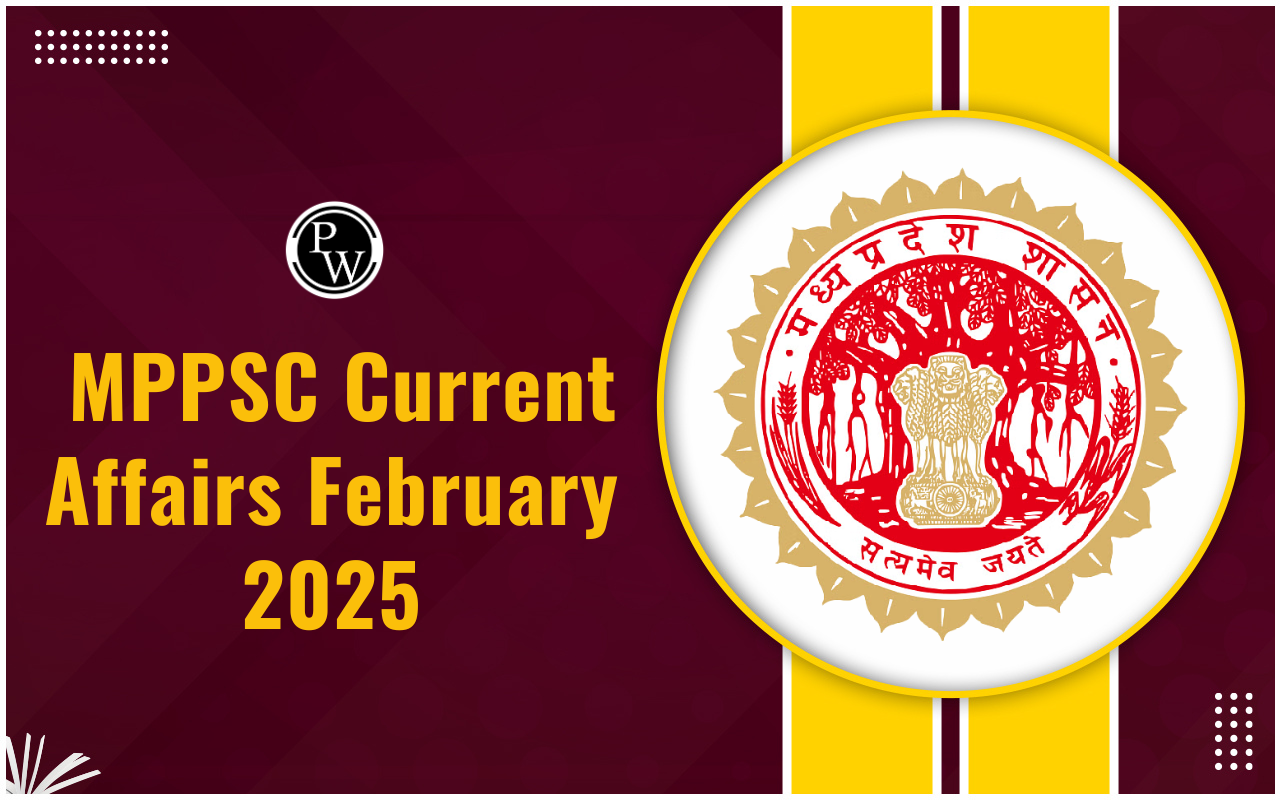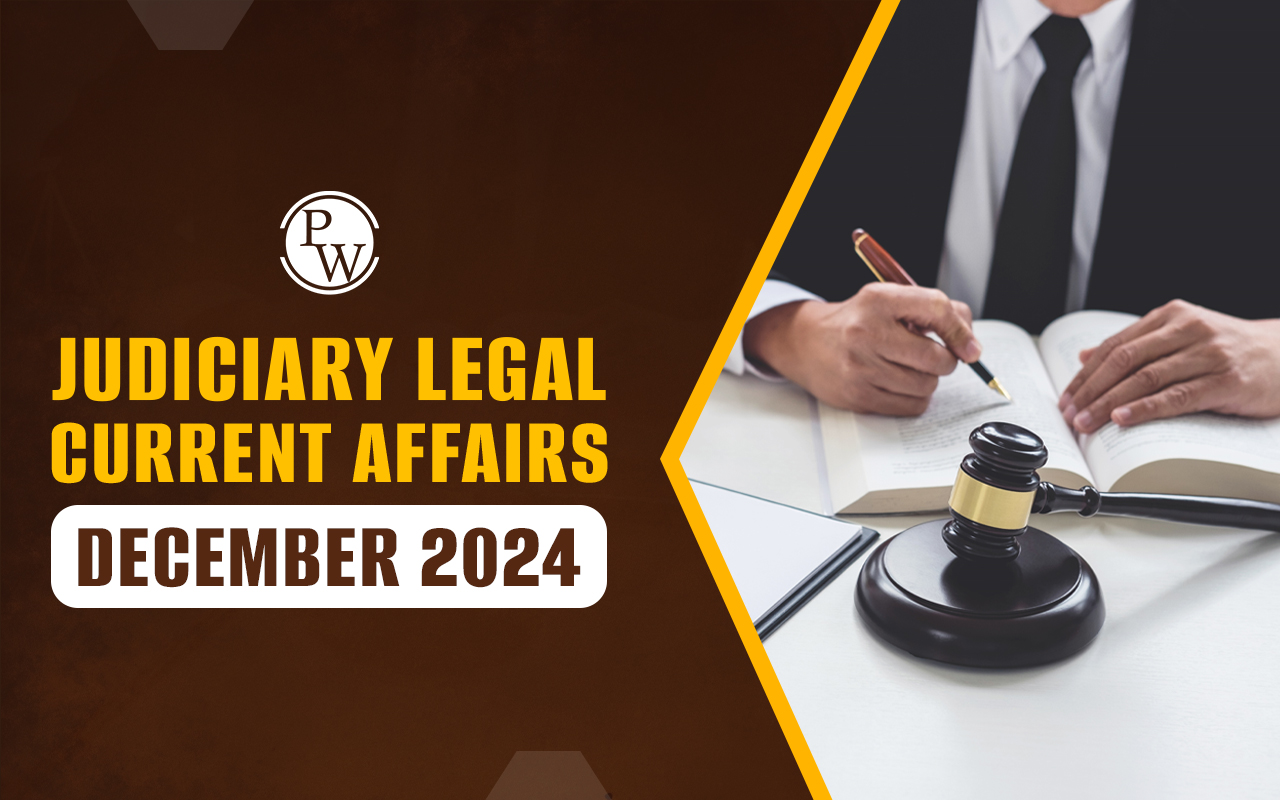
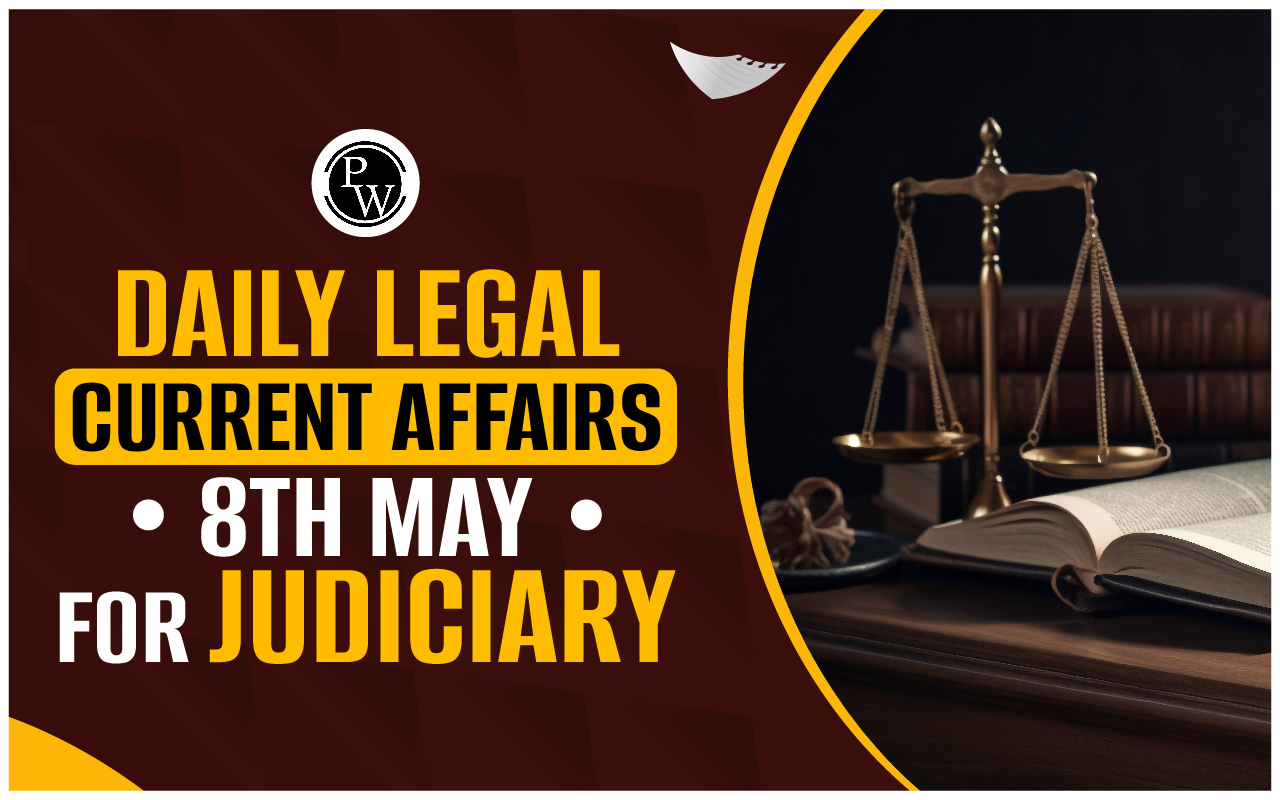
Child In Conflict With Law Through His Mother v.The State Of Karnataka And Another
- Bench: Justices C.T. Ravikumar and Rajesh Binda
- Issue: The matter pertains to the nature of conditions prescribed under Section 14(3) of the Juvenile Justice (Care & Protection) Act, 2015.
- Observations
- The Supreme Court held that the time limit of three months prescribed under Section 14(3) of the Juvenile Justice (Care & Protection) Act, 2015 for ascertaining the mental and physical capacity of a child below the age of sixteen years to commit a serious offence is not mandatory but directory.
- The bench further stated“As in the process of preliminary inquiry there is involvement of many persons, namely, the investigating officer, the experts whose opinion is to be obtained, and thereafter the proceedings before the Board, where for different reasons any of the party may be able to delay the proceedings, in our opinion the time so provided in Section 14(3) cannot be held to be mandatory, as no consequences of failure have been provided as is there in case of enquiry into petty offences in terms of Section 14(4) of the Act.”.
- The court further reasoned that where consequences for default for a prescribed period in a Statute are not mentioned, the same cannot be held to be mandatory.
- Section 14(3) of the JJ Act states that "a preliminary assessment in case of heinous offences under Section 15 shall be disposed of by the Board within a period of three months from the date of the first production of the child before the Board."
- Section 15(1) of the Act provides that the Juvenile Justice Board shall conduct a preliminary assessment to ascertain the mental and physical capacity of the Child below the age of sixteen years to commit such offence, his ability to understand the consequences of the offence and the circumstances in which the offence is allegedly committed by him.Rather than interpreting Section 14(3) of the JJ Act in a strict sense, the court construed the provision in a harmonious way to make it meaningful.
- Judge’s Observations
- "In our opinion, the guidance as is evident from sub-section (4) of Section 14 of the Act enabling the Chief Judicial Magistrate or Chief Metropolitan Magistrate to extend the period of inquiry as envisaged under Section 14(1) , shall apply for extension of period as envisaged in sub-section (3) also.
- Such an extension can be granted for a limited period for the reasons to be recorded in writing. While considering the prayer for extension of time, the delay in receipt of opinion of the experts shall be a relevant factor. This shall be in the spirit of the Act and giving the same a purposive meaning.", the court reasoned.
- Further it was stated that "We approve the views expressed by the High Court of Madhya Pradesh in Bhola v. State of Madhya Pradesh and the High Court in Delhi in CCL v. State (NCT) of Delhi, where, while dealing with the provisions of Section 14 of the Act, courts held that the time period prescribed for completion of the preliminary assessment is not mandatory but merely directory in nature.
- Court: Bombay High Court
- Bench: Chief Justice Devendra Upadhyaya and Justice Arif S Doctor
-
Facts
- The pleas, including PILs and various writ petitions, challenged the renaming of Aurangabad and Osmanabad cities as well as revenue areas (District, Sub-Division, Taluka, Villages).
- Former Chief Minister Uddhav Thackeray's Maha Vikas Aghadi (MVA) government during its last cabinet meeting in June, 2022 greenlit the renaming of Aurangabad as Sambhajinagar and Osmanabad city as Dharashiv.
- However, the subsequent Shinde-Fadnavis government made a fresh decision on renaming and expanded the renaming of Aurangabad to Chhatrapati Sambhajinagar by adding the prefix "Chhatrapati."
- The pleas against renaming were filed on the ground that public sentiments were not considered while taking this decision and the state violated provisions of the Constitution. It was further alleged that the name is being changed to spread hatred towards Muslims and gain political advantage.
- The PILs contended that the renaming is driven by political motives and fosters religious discord. The petitioner in the PIL challenging Aurangabad renaming alleged that a campaign is going on in Maharashtra to change names of all cities which have a Muslim name.
- The Maharashtra government, however, denied this contention and submitted that naming of a city on a personality held in high esteem (in case of Chhatrapati Sambhajinagar) by the entire State does not have a religious colour.
- In its affidavit opposing the PIL challenging the renaming of Osmanabad, the state government told the court that the renaming of Osmanabad city as Dharashiv was met with celebration by the majority of the city's residents. It further claimed that this renaming neither undermined the spirit of secularism nor resulted in any communal discord.On February 24, 2023, the Union ministry of home affairs approved the renaming of Aurangabad and Osmanabad cities, but the process of changing the names of the district and revenue authorities was not complete by then.
- The renaming of the Aurangabad and Osmanabad revenue areas was formally notified two weeks later on September 15, 2023. Thereafter, new pleas were filed challenging the new names of the revenue areas.
- On February 24, 2023, the Union ministry of home affairs approved the renaming of Aurangabad and Osmanabad cities, but the process of changing the names of the district and revenue authorities was not complete by then.
- The renaming of the Aurangabad and Osmanabad revenue areas was formally notified two weeks later on September 15, 2023. Thereafter, new pleas were filed challenging the new names of the revenue areas.
-
Observations
- The Bombay High Court has upheld the Maharashtra government's notifications officially renaming Aurangabad city and revenue areas to Chhatrapati Sambhajinagar and Osmanabad city and revenue areas to Dharashiv respectively.
- A division bench while pronouncing the judgment dismissing a batch of pleas challenging the state government's notifications of the changed names has stated "In view of the discussion made and reasons given, we have no hesitation to conclude that the impugned notifications issued by the state government renaming Aurangabad and Osmanabad cities as Chhatrapati Sambhajinagar and Dharashiv cities and the revenue areas of Aurangabad and Osmanabad as revenue areas of Chhatrapati Sambhajinagar and Dharashiv do not suffer from any illegality or any other legal vice and thus no interference in the impugned notifications is warranted. The petitions being bereft of any merit are hereby dismissed. No costs."
- The renaming of the revenue areas is governed by Section 4 of the Maharashtra Land Revenue Code, 1966 , which permits the State Government to alter the limits of any revenue area or abolish any such revenue area and also to name it.
- Bench: Chief Justice of India Dr DY Chandrachud and Justices JB Pardiwala, Manoj Misra
- Facts
- This is the case of a minor, who sought medical termination of pregnancy pursuant to a sexual assault. When the appellant (minor girl's mother) moved the Bombay High Court, the Medical Board gave an opinion declining termination, stating that there was no congenital abnormality diagnosed and gestational age of the foetus was between 27-28 weeks.
- This report however did not record the impact of the pregnancy on the physical and mental health of the minor girl.
- Initially, by setting aside the Bombay High Court order, the top court permitted the minor girl to undergo medical termination of pregnancy despite being in her 30th week. However, later, when the doctors outlined the inherent risks of terminating the pregnancy at an advanced stage, she and her parents expressed changing views. This led the Court to hear the matter again.
- Ultimately, taking into account the wishes of the minor girl and her parents to have the child delivered on the due date, as well as the minor girl's well-being, the earlier order permitting termination of pregnancy was recalled.
- Observations
-
- In a recent judgment, the Supreme Court expressed reservations about the Medical Termination of Pregnancy Act not allowing termination of pregnancy above the upper limit of 24 weeks in the case of minor victims of rape and incest, while allowing termination of such pregnancies if there are substantial foetal abnormalities.
- According to the Court, the legislature seems to have made a value judgment that a substantially abnormal foetus will inflict more aggravated injury on a pregnant person than rape.
- Referring to Section 3(2B) of the MTP Act, the Court stated "The provision is arguably suspected on the ground that it unreasonably alters the autonomy of a person by classifying a substantially abnormal fetus differently than instances such as incest or rape." It was added that this issue may be examined in an appropriate proceeding if it becomes necessary.
- Factual aspects aside, the court observed that whenever a pregnant person over gestational age of 24 weeks approaches constitutional courts, it is imperative for the medical board, formed in terms of the MTP Act, to opine on their physical and mental health, regardless of whether or not there are substantial foetal abnormalities.
-
The court further took the occasion to underline that the MTP Act stipulates two situations under which there shall be no cap on the length of pregnancy for which termination is permissible:
- First, under Section 5 , when a medical practitioner is of the opinion (formed in good faith) that the termination is immediately necessary to save the life of the pregnant person.
- Second, under Section 3(2-B) , when the foetus has substantial abnormalities.
- The conclusions arrived at by the court in its judgment are extracted below:
- Bench: Justices Sanjiv Khanna and Dipankar Datta
- Observations
-
- The Supreme Court extended the interim bail granted to Hyderabad businessman Abhishek Boinpally in the Delhi Liquor Policy case till the next hearing date.
- The Court has relisted the matter in the week commencing from July 8, 2024.
- The bench passed the order in Boinpally's special leave petition against a Delhi High Court judgment of July 2023 denying him bail.
- Boinpally, a former director of Robin Distilleries LLP and an alleged middleman is among the many people being investigated in the Delhi Liquor Policy case. He was arrested by the Central Bureau of Investigation in October 2022, but one month later, got bail in the case.
- However, this relief was short-lived as at the same time, Special Judge MK Nagpal allowed the Enforcement Directorate's plea to take Boinpally into custody for five days. Following the same, in October 2022, the businessman went back into custody.
- Initially, Boinpally approached the Special Court and the Delhi High Court for bail, but was denied relief. The Special Judge held that Boinpally was one of the representatives of the South Group in the cartelization and played an active role in the payment of kickbacks as well as their recoupment. The High Court did not find ground to interfere with the Special Judge's order and dismissed Boinpally's bail plea citing "gravity of the allegations" and "credible material on record".
- Bench:
- Observations
-
-
- The Supreme Court has modified its earlier interim order protecting the appointments made in pursuance of the alleged West Bengal SSC recruitment scam, stating that those appointees whose appointments are found to be illegal shall be liable to refund their salaries.
-
- The High Court has directed CBI to undertake further investigation and interrogate all persons who had received appointments after expiry of the panel and after submitting blank OMR sheets.
- State had also asked the central probe agency to undertake further investigations with regard to the persons involved in the State Government, approving creation of a supernumerary post to accommodate illegal appointments..
- The interim protection was first granted by the Supreme Court on November 9, 2023 in another case ( Achinta Kumar Mondal v. Laxmi Tunga ).
- On April 22, 2024 the Calcutta High Court had invalidated these jobs across government and aided schools. The jobs came under the scanner due to the infamous cash-for-jobs recruitment scam.
- The State has argued that the High Court, instead of segregating the valid appointments from the invalid ones, has erroneously set aside the 2016 selection process entirely. It has also been averred that this will affect around 25,000 teaching and non-teaching staff in the State.
- It has also been pleaded that the High Court solely relied upon the oral arguments without the support of affidavits. Further, it has been argued that the High Court has acted in utter disregard of the fact that the same will result in a huge vacuum in the State Schools unless a new selection process is completed. The State has emphasized that this will adversely impact the students given that the new academic session is approaching.
- The State has also assailed the impugned order on the ground that it ordered the SSC to conduct a new selection process for declared vacancies within two weeks of the upcoming election results without acknowledging the understaffing issue in schools.
- In a detailed order running into more than 280 pages, a division bench of Justices Debangsu Basak and Md Shabbar Rashidi cancelled the entire panel of the 2016 SSC Recruitment upon finding irregularities with OMR sheets and ordered the state to conduct fresh examinations for the same.
- Not only this, but the Court also directed the appointees, who were recognised to have been fraudulently appointed, to return the salary they had drawn.
- The Court observed that the entire panel of recruitment originating out of the 2016 recruitment process had been tainted due to the irregularities with the OMR sheets, many of which were found blank, and were liable to be cancelled.
- In view of the above projection, the Court had also directed an investigation into those who perpetrated the fraud and disposed of the pleas by cancelling the entire 2016 SSC Recruitment Panel.
Judiciary Exam Current Affairs FAQs
How many months of current affairs is required for a Judiciary Exam?
The candidates are recommended to prepare for at least a year before appearing in the Judiciary examination.
Where can I study current affairs for the Judiciary?
The candidates can study and get the daily current affairs for Judiciary from the official page of Physic Wallah.
How can I prepare for Judiciary current affairs?
The candidates can prepare for the Judiciary current affairs by reading newspapers daily and exploring the online material available.
🔥 Trending Blogs
Talk to a counsellorHave doubts? Our support team will be happy to assist you!

Check out these Related Articles
Free Learning Resources
PW Books
Notes (Class 10-12)
PW Study Materials
Notes (Class 6-9)
Ncert Solutions
Govt Exams
Class 6th to 12th Online Courses
Govt Job Exams Courses
UPSC Coaching
Defence Exam Coaching
Gate Exam Coaching
Other Exams
Know about Physics Wallah
Physics Wallah is an Indian edtech platform that provides accessible & comprehensive learning experiences to students from Class 6th to postgraduate level. We also provide extensive NCERT solutions, sample paper, NEET, JEE Mains, BITSAT previous year papers & more such resources to students. Physics Wallah also caters to over 3.5 million registered students and over 78 lakh+ Youtube subscribers with 4.8 rating on its app.
We Stand Out because
We provide students with intensive courses with India’s qualified & experienced faculties & mentors. PW strives to make the learning experience comprehensive and accessible for students of all sections of society. We believe in empowering every single student who couldn't dream of a good career in engineering and medical field earlier.
Our Key Focus Areas
Physics Wallah's main focus is to make the learning experience as economical as possible for all students. With our affordable courses like Lakshya, Udaan and Arjuna and many others, we have been able to provide a platform for lakhs of aspirants. From providing Chemistry, Maths, Physics formula to giving e-books of eminent authors like RD Sharma, RS Aggarwal and Lakhmir Singh, PW focuses on every single student's need for preparation.
What Makes Us Different
Physics Wallah strives to develop a comprehensive pedagogical structure for students, where they get a state-of-the-art learning experience with study material and resources. Apart from catering students preparing for JEE Mains and NEET, PW also provides study material for each state board like Uttar Pradesh, Bihar, and others
Copyright © 2025 Physicswallah Limited All rights reserved.
